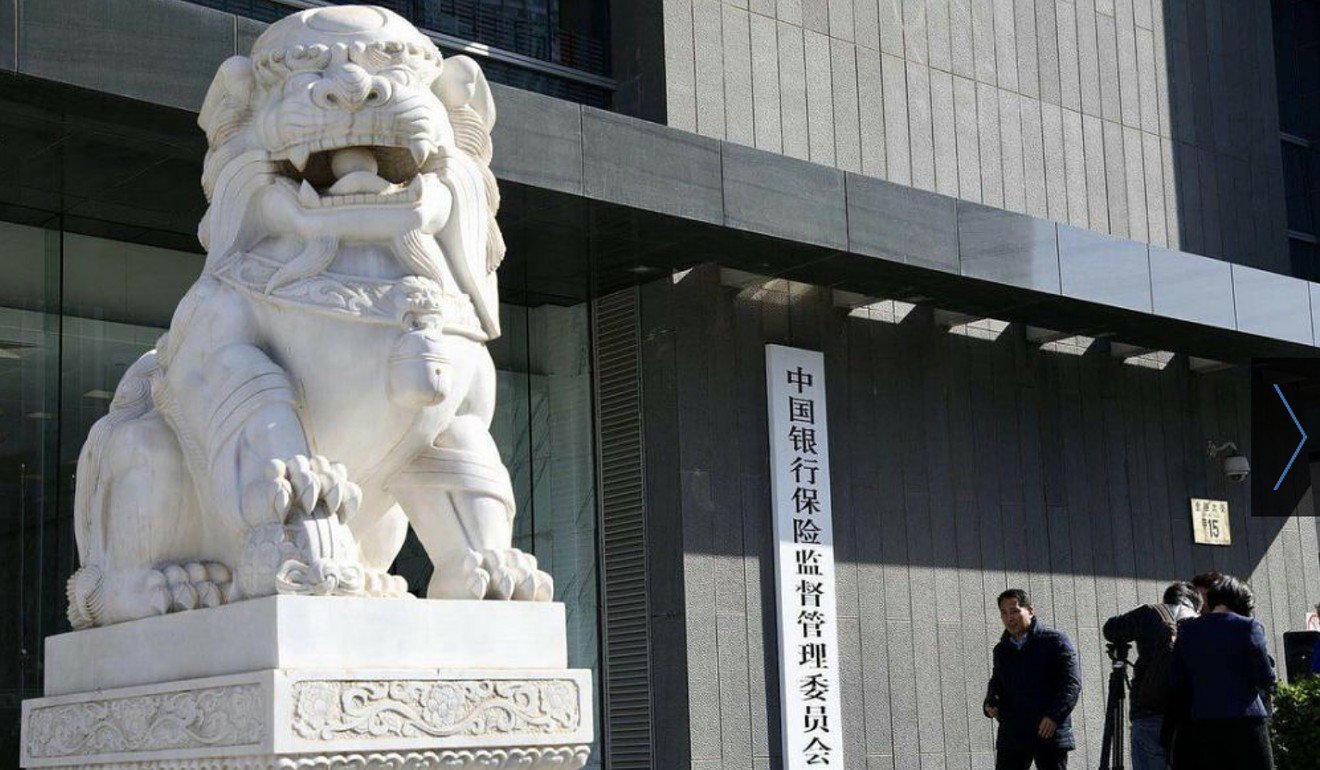Share pledges: China’s central bank and financial regulators step in to tackle liquidity squeeze, will ease funding
China’s top financial and regulatory institutions are ramping up support through easier lending for private companies caught in a liquidity squeeze as a result of shares used as collateral for loans.
The country’s equity market has emerged as the world’s worst performer this year, and on Friday the People’s Bank of China, as well as the regulators overseeing its stock market and the banking and insurance industries, came out in support of private companies.
China’s stocks fall to 4-year low amid fears of forced selling
Yi Gang, governor of the central bank, said the PBOC will push for more debt and equity sales in the private sector to ease the funding crunch. Yi also said the central bank will use various monetary tools, such as relending and medium-term lending facilities, to allow commercial lenders to advance more loans to private companies.
An hour earlier, the China Banking and Insurance Regulatory Commission as well as the China Securities Regulatory Commission said in separate statements they would allow financial institutions such as insurers, brokerages and private equity firms to aid listed companies facing a liquidity squeeze.
“The recent volatility in the stock market is mainly affected by investors’ expectations and sentiment,” said Yi. “In fact, China has good economic fundamentals, has made progress in preventing financial risks and has macro leverage ratio stability. On the whole, stock valuations are already at a historical low relatively – and that stands in contrast with China’s improving economic fundamentals.” He also said the central bank would stick to its neutral monetary policy.
The market has responded well to these statements – the Shanghai Composite Index rebounded by 1.6 per cent to 2,526.74 on Friday afternoon, paring its losses this year to 24 per cent. The Shenzhen Composite Index of predominantly small caps that have been hit by the liquidity crunch, added 1.2 per cent, but is still heading for an annual decline of 34 per cent.
Listed companies, particularly the smaller ones, pledging shares, or using them as collateral for loans, have caught the attention of Chinese regulators. The declines in the country’s stock market have put pledged shares at the risk of forced sales. Unless loans are repaid or more collateral is added, the stocks can be liquidated by debtors, exacerbating a sell-off on the already weak market.
Shares worth 4.5 trillion yuan (US$648.6 billion) in market value have been used as collateral for loans, according to Essence Securities data. This roughly equates to 13 per cent of the combined market capitalisation of stocks on the Shanghai and Shenzhen exchanges.
Six companies, including property developer Shenzhen Quanxinhao and Guangdong Silver Age Sci & Tech, have already been forced to sell their shares this month.

The China Banking and Insurance Regulatory Commission said it will allow insurers to issue special products to fund listed companies affected by the liquidity crunch, and these products will be beyond the ceiling limit on insurers’ equity investment. It also said creditors should undertake a comprehensive assessment of their debtors’ growth prospects before making decisions.
The local governments in Shenzhen and Beijing are also actively bailing out embattled companies in their jurisdictions. They have set aside tens of billions of yuan to aid listed companies through either lending or equity investments. More local authorities in the southern province of Guangdong may follow suit after the conclusion of studies, according to Chin a Securities Journal.


 +86-13460933678
+86-13460933678